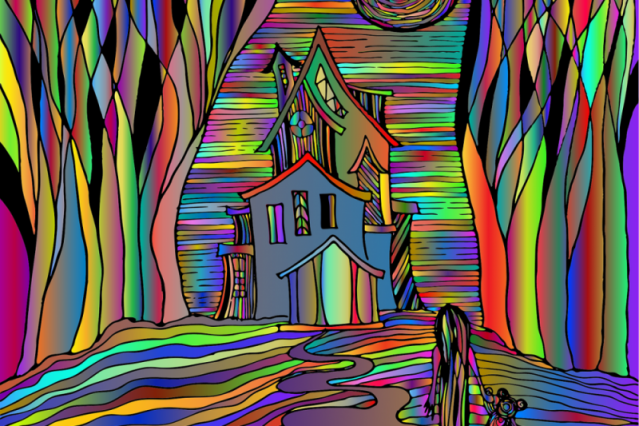Ketamine
Ketamine Is the Shortcut We All Deserve
The implication that shortcuts are bad assumes it replaces hard work.
Posted July 1, 2024 Reviewed by Hara Estroff Marano

A criticism leveled against using psychedelics for therapeutic work, efforts towards enlightenment, spiritual connection, and meditative practices is that it is a shortcut. The implication is that shortcuts are bad, that we deserve good things only if we spend decades of herculean effort to achieve them.
Not All Lives Are Created Equal
Some people get to live early adult lives with regulated emotional systems, solid self-esteem, and a belief in the general goodness of the world and its ability to meet their basic needs. They get that from good enough parents who love them sufficiently and reliably and from a stable home situation that is free from significant trauma. That is really fabulous and what we all hope to provide for our own children.
Most of us, however, enter adult life with internal and external barriers to a fully functioning self, and with some dark shadows we maneuver to pull off daily life. We may be happy and successful but still have to work with parts of ourselves that are injured and damaged, self-sabotaging; we may be plagued with doubts and mistrust and all the other ways life can feel complicated and difficult.
As a clinician, the things I hope to help clients minimize over time is the stuff they do to relieve their suffering that ultimately hurts them or keeps them in the same stuck place. Most of us do a fair amount of stuff like that, and while not our best move, it may alleviate enough suffering that we should give ourselves a break while we do our work to create new options.
A Shortcut Doesn't Mean a Temporary Band-Aid
Using ketamine within an assisted psychotherapy experience is not a band-aid to alleviate a moment of suffering. It is an activity that has the potential of offering a life-altering experience.
The experiences vary widely in type and in intensity, but they frequently give people access to new perspectives, narratives, truths, and clarities about themselves, their lives, their relationships, and their world. Such experiences are often accompanied by feelings of connectedness, goodness, and well-being. For many, their psychedelic experiences are peak life experiences that become core memories directing future actions.
Ketamine doesn’t solve anything. No one takes it and become a new person who has magically resolved their life issues. If it did that, it wouldn’t have to happen within a therapy context. People would just be better.
It provides an experience, that the client then needs to use to continue to do the work of self/life/relationship improvement. But what it can offer is a moment of revelation and epiphany, an embodied somatic experience of goodness. This offers a client inspiration and a vision for the path their self-work can take.
Well-Meditated Shortcuts Are Smart Maneuvers
Framing inspiration as an indulgent shortcut is a cynical, cruel, and primitive view of what it takes to self-actualize. For any who has been on a journey towards self-enlightenment and healing, working to craft a sustainable joy-filed life, shortcuts are a welcome opportunity.
References


